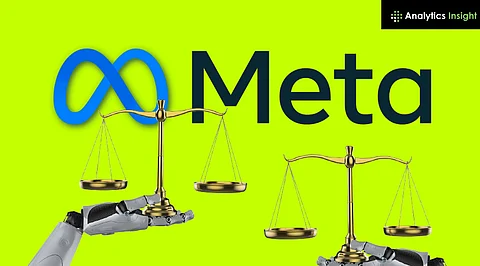

Meta has filed a lawsuit against Hong Kong-based Joy Timeline HK Limited, the developer of the AI-nudify app, CrushAI. According to the tech giant’s claims, the company persistently violated Facebook and Instagram advertising policies.
Despite prior ads being removed, this developer proceeded to use deceitful methods to promote explicit image-generation tools. The developer utilized cloaking techniques to hide from Meta's detection systems.
The nudifying apps use generative AI to strip all clothing from fully-clothed photos to generate explicit fake images. Meta noted a disturbing increase in these apps, many of which appeared by targeting unsuspecting online users.
These tools were a great threat to the privacy and safety of students who reportedly landed upon them through social media ads. The company concluded that this was a direct violation of platform safety standards.
As a response, Meta has developed a new AI system to quickly detect and remove nudity-related ads. It increased a list of keywords, emojis, and imagery indicators for flagging harmful material.
Applying the same techniques used against coordinated inauthentic behavior, Meta began to dismantle networks promoting those apps. Four networks have been dismantled in the last six months.
Meta's action is consistent with freshly proposed laws like the US "Take It Down Act," criminalizing the distribution of non-consensual explicit content, including AI-generated fakes. Meta also collaborates with other tech companies via the Tech Coalition through the Lantern initiative.
To achieve this collaboration, Meta shares more than 3,800 URLs tied to nudifying content. The tech giant advocates for better app store regulations that require age verification and parental consent from minors.
Meta’s lawsuit against Joy Timeline is the driving action to halt AI misuse and protect digital integrity. By improving detection systems and pushing for legislative reforms, Meta envisions a safer online environment.
This case underscores growing tension between platforms, app developers, and regulators regarding accountability in generative AI.
